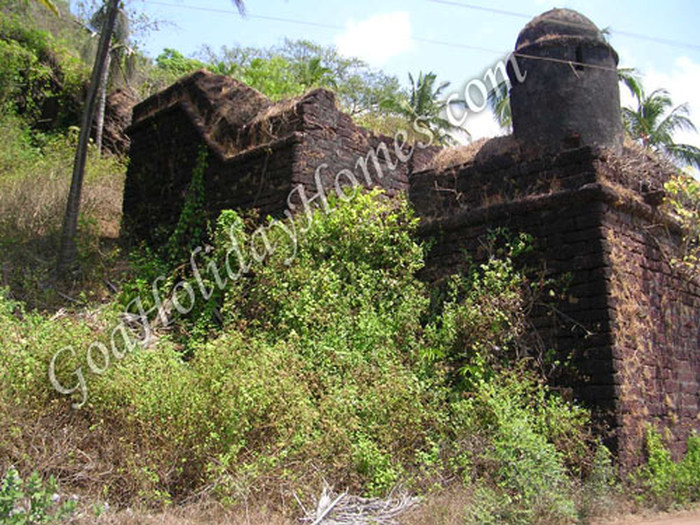History Of Goa
Goa is India's smallest state; it is located on the west coast of India in the region known as Konkan. Goa was ruled by the Portuguese for 450 years till it was liberated from the Portuguese to form a part of India on 19th December 1961.
Goa has a long history of rulers dating back to the 3 rd century bc when it was the part of the Mauryan empire. Goa has been ruled by numerous rulers like the Silharas, Kadamdas, Chaukyans, kings of Deccan, kings of Vijaynagar, Adilshah of Bijapur and last but not least the Portuguese who were the most successful of them all. The Portuguese came in 1498 and were the first Europeans to set foot in India, they soon established a trading colony for the sole purpose of dealing with spices and cotton and later ended up ruling the state when the Portuguese admiral Alfonso de Albuquere defeated the ruling Bijapur kings on the behalf of a local sovereign.
Goa encompasses an area of 3702 square kilometers. It is bounded by the state of Maharastra on the north and Karnataka on the east and the south .The Arabian Sea makes up the states west coast. Goa has a coast line of 101 kms which comprises of beautiful beaches. Its main rivers are the Mandovi, the Zuari, Terekhol, Chapora and Betul. The Mandovi and Zuari are the life lines of the state. Goa has one of the best natural habours in South Asia known as Mormugao. Goa being in the tropical zone has a warm and humid climate. Goa consists of 3 seasons namely the summer, rainy or the wet season and the cool season. Temperatures can reach a max of 35 degrees in summer and 18 degrees in the cool season, the rainy or wet season last between June and September.
Goa is one of India's richest states with a GDP per capita of one and a half times that of the country. Tourism is Goa's primary industry followed by the fishing industry and the mining industry. Rice is the main agricultural crop followed by cashew and coconut. Panjim is Goa's administrative capital and the hub of the business industry. Panjim lies on the left side of the river Mandovi over looking Goa's legislative capital Porvorim. Konkani is Goa's primary spoken language, English and Marathi is the language used for official literacy or educational purposes. Hindi, India's national language is also spoken as a second or third language.
Rice and fish curry is the staple diet of the people of Goa. Coconut is widely used in the preparation of many dishes along with chilli,spices and vinegar. Some of Goa's most sought after dishes are prawn curry and rice, crab xec xec, pork vindaloo, sorpotel, sannas and last but not the least the best dessert of the state bebinca. The most popular local alcoholic beverage is feni. Cashew feni is made from the fermentation of the cashew fruit while coconut feni is made from the sap of the coconut palm tree locally known as toddy or sur in Konkani.
Since Goa consists mainly of Hindus and Christians, Christmas, Ganesh Chaturthi, Diwali, New Years Day, Shigmo and the Carnival are the most celebrated festivals in the state. Goans have a great love for music which can be seen widely in the state through the numerous dances, bands festivals, concerts or dramatical plays or tiatrts as they are often called. Manddo the traditional Goan folkore music which originated in the nineteenth century is sung and danced on special occasions. Goa also has two world heritage sites the Basillica of Bom Jesus and a few designated Convents. The Basillica of Bom Jesus holds the mortal remains of Saint Francis Xavier regarded by many Catholics as the patron saint of Goa. The Velhos Conquistas regions are also known for its Indo Portuguese style and architecture in many parts of Goa. Mansions constructed in the Indo Portuguese style architecture still stand. Fontainhas in Panjim has been declared a cultural quarter and are used as a living museum showcasing the life architecture and culture of Goa. Goa also has many famous national parks and reserves including the renowned Salim Ali bird sanctuary, the Bondla wildlife sanctuary, Molem wildlife sanctuary to name a few.

